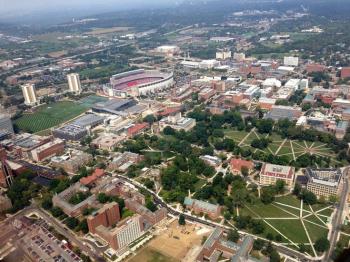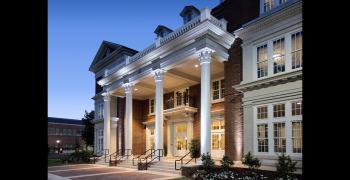Whether you are a high school student looking into attending college for the first time, or a current college student looking to transfer, there is no doubt you’ve wondered about the differences between a city college and a university. Many students feel universities would offer a greater academic experience than a city college but that is not always the case. City colleges often offer education comparable to universities, but in a different setting.
What Universities Offer
Housing
Going off to college comes with many perks, one of which is living away from home for the first time. The appeal of universities for many students is moving into the dormitories and living without your parents. This is an option not offered by every city college. Most students attending these schools live at home and commute in. Those schools that do offer housing options, usually have limited space and are off campus.
Campus Atmosphere
While some city colleges do have campuses, they are not always as as university campuses. Some city colleges don’t even have campuses at all. The campuses for city colleges are usually smaller, with only a few buildings. Universities usually have large sprawling campuses with food courts, dining halls, multiple places to study and activities for students. While city colleges do have food courts, and study areas they are not as as those at universities.
Sporting Events
Sure, a city college has its sport teams and the student body is filled with school spirit, but the athletics at universities are far more appreciated. College football is a major sport in America, gaining as much coverage as the NFL. Every Saturday during football seasonrevolve around going to the games, or throwing game day parties. At a city college, the games do not have so much relevance on campus and don’t offer the same amount of school spirit and togetherness as at a university.
Library Hours
University libraries have a wider range of hours than most city colleges. Since the university library is on campus, many are open 24/7 to allow students to come in to work around their schedules. During finals, students are seen in the library at all hours, some even sleeping at the desks and in the aisles. The libraries are also larger with more to offer students. Many city colleges have less hours, operating on a schedule similar to that of a retail store, and because there are fewer students, they may offer fewer resources.
What City Colleges Offer
A smaller setting
Smaller college means a smaller campus which means a smaller student body. For many students, this is an advantage. Smaller class sizes facilitate learning and individualized instruction. It makes teachers more easily accessible for students as well. At university, a class may consist of upwards of 200 students in a lecture hall. This makes it difficult for professors to meet with every student, and it’s harder for some students to learn on a more individual level.
Less parties = Less distraction
Let’s be honest, college parties are great, but for some students they can be an unneeded distraction. Parties on campus are often loud, with music blaring, people chatting and drunk students stumbling through the hallways. For some students, it’s a great part of college life. For others, they’re fun on occasion, but can make it hard for them to concentrate on homework and studying. Attending a city college and living off campus provides a quiet place to study and concentrate efforts on school.
Tuition
Face it, college tuition is one of the many factors that stops people from attending college. With public universities having tuitions upwards of $30,000 annually for in-state residents, the cost can be a burden for many. City college’s have lower tuition rates, usually of about $10,000 annually, not including room and board. This is a much more reasonable amount for people who do not have the financial means to attend a university.
Great Professors
Just because it isn’t a university, doesn’t mean you aren’t going to get a quality education. Most colleges have world-class professors who are experts in their field and work locally. These professors are great resources and have expert knowledge in the field. As previously mentioned, the smaller class sizes also make it easier for you to network with your professors in and outside of class.








